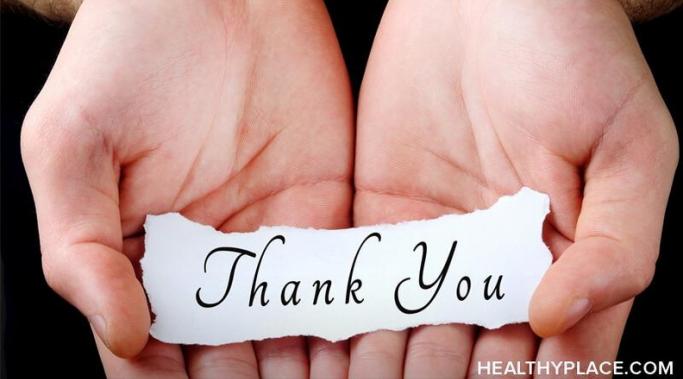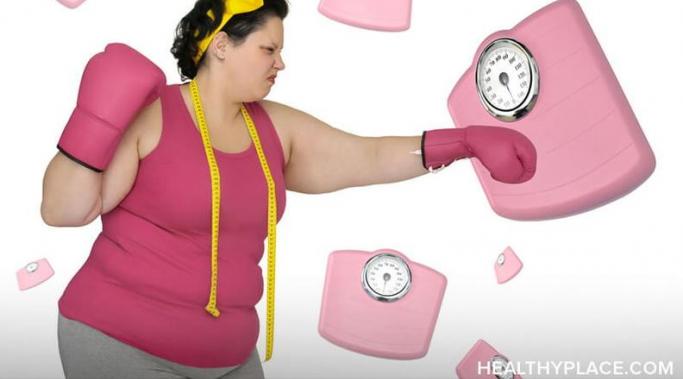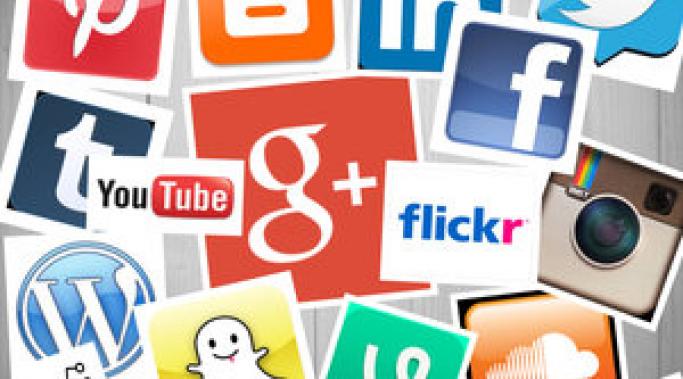I’m Mel Lee-Smith, and I’m excited to join the Mental Health for the Digital Generation blog at HealthyPlace. I was diagnosed with borderline personality disorder in 2012 when I was 18 years old. Like many borderlines, my teenage years were troubled. I grew up in a poor family; I was bullied throughout my school years for my looks; I struggled with self-harm, a poor self-image and the absence of my biological father. To cope – or perhaps distract – I engaged in impulsive, promiscuous, and dangerous habits. Despite all that, I made it my goal to get out and make a better life for myself.
Mental Health Support
There are a variety of reasons why gratitude is good for our mental health. Gratitude simply means expressing feelings of thankfulness. During depressive episodes or in moments of deep despair it can be discouraging when people encourage you to be grateful for all you have. It causes feelings of guilt on the behalf of the depressed person. Mental health conditions such as depression or bipolar affect all types of people. Although a person's life may be filled with riches it does not eliminate the effects of depression. Nevertheless, our mental health can be helped with gratitude.
As a Millennial and mental health advocate, it is important to learn about technological advancements such as phone applications (apps) and their effect on mental health. There are new developments in science and technology aiding those struggling with a mental health condition (Time for Tech in Depression Treatment). Phone applications and newer technologies are proof that more attention is being paid to mental health and the need for mental health funding and awareness. Check out these apps for your phone that can aid in good mental health.
Confronting weight gain on psychiatric medications is a major problem for many people consuming these types of medicines (Weight Gain in a Pill). It is almost as if the more your mental health improves, the more weight you gain. However, psychiatric medication weight gain can be coped with.
In a society that demands a perfect body and a perfect mind, it is no surprise to understand why it's hard to accept a diagnosis of a mental disorder. The lack of knowledge people have about mental health leads to minimal support for those struggling with a mental health condition. This is a challenge for many young adults who receive a diagnosis in which they know little to nothing about. The stigma of mental illness and the treatment for mental health conditions are two main reasons why it's hard to accept a diagnosis of a mental disorder.
Healthy friendships have a positive effect on a person's mental health and understanding how to help a friend with depression are beneficial for both individuals. When a person struggles with depression, friends take a backseat during these low periods. Friends play an important role in our lives, and there are a variety of ways to help (Depression Poem for a Friend). It shows that depression not only affects the person struggling but those around them as well. This is why understanding a friend with depression and knowing how to help is important to maintaining a healthy friendship. The first step is learning what depression is and how it affects someone.
Body shaming, seen daily on social media, has a heavy impact on mental health. In modern day society, it seems nearly impossible to avoid society's version of the ideal body. Body shaming consists of criticizing our own bodies and/or criticizing the bodies of others. In the magazines, on television, and on social media, people who do not fit the idea of the perfect body face scrutiny and abuse. Social media often impacts mental health through body shaming.
Most young people at one time or another, have lost self-esteem over the perfect body image. It's easy to see why, when the people they look up to in the media are portrayed as flawless, thin, tanned women on the covers of magazines, and pictures of tall, muscled men. It can be hard for those struggling with society's perfect body image and their own weight issues and can contribute to many mental health issues.
It's common to hear people describe the way they're feeling in a stressful or nervous situation as anxious. We often find ourselves snowed under with the daily pressures of life, and that can make us feel a certain level of anxiety. What I do believe however, is that the word anxiety is regularly taken out of context. People need to understand the difference between suffering from the condition of anxiety and feeling stressed.
There's no doubt social media consumes many of our lives these days, but there is a dark side to social media that affects our young people. All you need to do is look at the outraged expression on the face of someone who finds out their friend doesn't have a Facebook profile. It's everywhere, and young people are especially caught up in their so called Internet lives. They almost stop living in the real world and it's hard to go five minutes without checking their phones. Young people often compare what they see others doing on social media to what they're doing with their lives, and it makes me question -- can social media affect young people's self-esteem, confidence and feeling of self worth? Is there a dark side to social media that affects young people?









